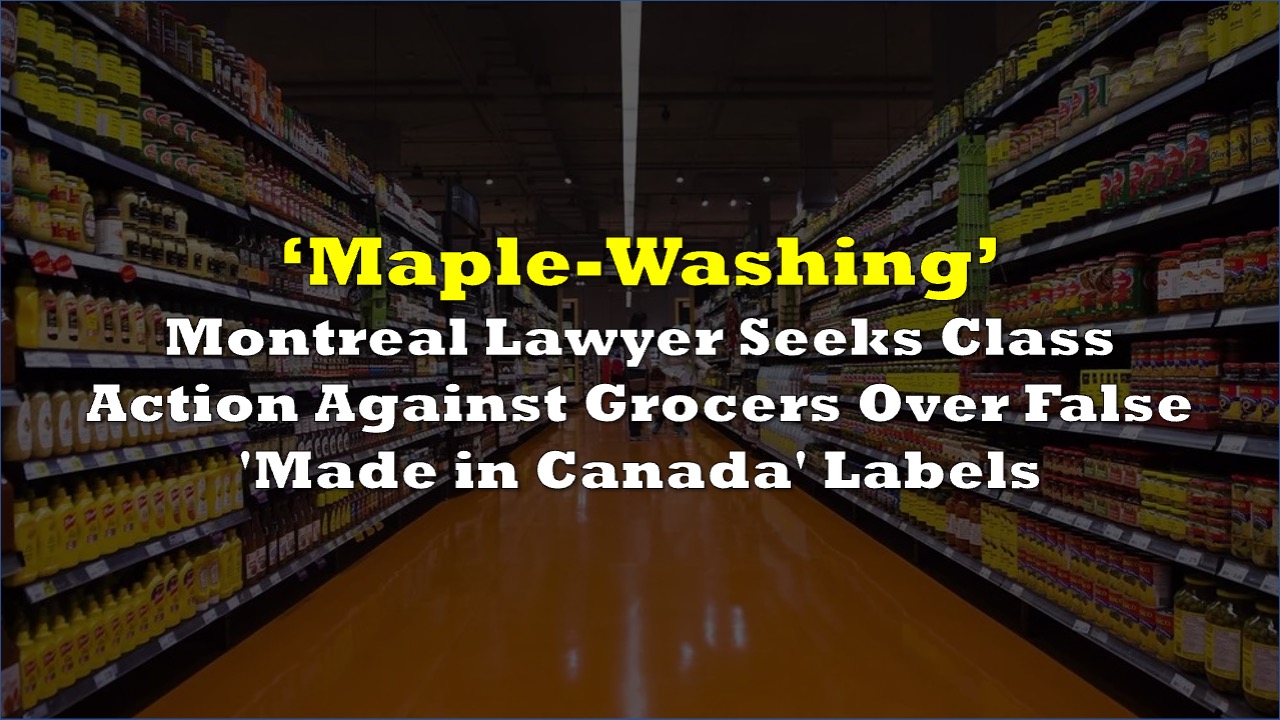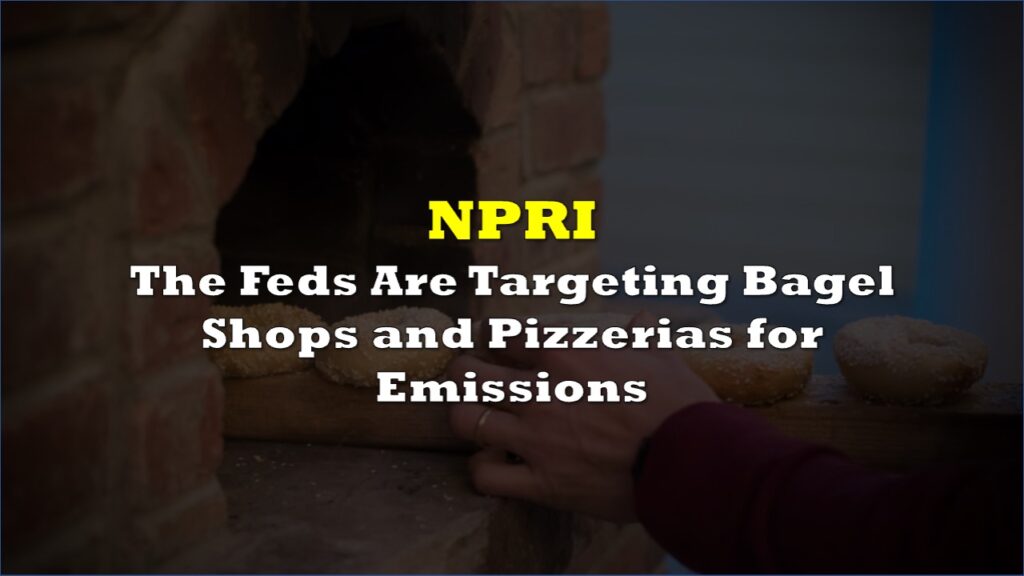A Montreal law firm is seeking court authorization for a class action lawsuit against major Canadian grocery chains, alleging they deceived consumers by falsely marketing imported products as Canadian-made through a practice known as “maple-washing.”
The lawsuit targets Provigo, Metro, Sobeys, Walmart, and Giant Tiger, accusing them of using maple leaf symbols and “Made in Canada” labels on products actually imported from other countries. Lawyer Joey Zukran, who is leading the case, said the practice exploits consumers’ patriotic sentiments during a period of heightened support for domestic products.
Link to entire interview. https://t.co/3cjPoIEEb6
— The Food Professor (@FoodProfessor) September 14, 2025
“When you’re telling consumers that the product is made in Canada, you’re appealing to their patriotic and moral compasses,” Zukran said.
The legal action comes as Canadian food regulators have documented widespread mislabeling problems across the grocery industry. The Canadian Food Inspection Agency investigated 167 complaints about false country-of-origin claims between November 2024 and September 2025, confirming violations in dozens of cases.
Recent investigations found products ranging from avocado oil to fresh produce incorrectly labeled as Canadian despite being imported from the United States, Peru, and other countries. The CFIA identified 12 specific cases of “maple-washing” between February and May, mostly involving national grocery chains.
Despite having the authority to impose fines up to $15,000 per violation, the CFIA has not penalized any retailers. All cases were resolved by removing the misleading signage, according to the agency.
The mislabeling issue has gained prominence during recent US-Canada trade tensions, when many Canadians actively sought to buy domestic products. Food industry expert Sylvain Charlebois noted that American food sales in Canada dropped 8.5% in spring 2025, an unprecedented decline.
Consumer advocacy groups say the lack of regulatory penalties has allowed deceptive practices to continue. Hamilton resident Brenda Nicholls, who has documented multiple instances of false labeling, said grocers should face consequences.
“I think the CFIA needs to step up and start levying fines, putting on some pressure, so that there will be some changes at the grocery store,” Nicholls said.
The class action lawsuit has not yet received court approval and does not appear in Quebec’s official class action registry, suggesting it is still in preliminary stages.
Under Canadian regulations, “Product of Canada” requires that virtually all ingredients and processing occur domestically, while “Made in Canada” allows imported ingredients if final processing happens in Canada.
Major grocery chains have previously stated they strive for accurate labeling but face challenges with large inventories and changing suppliers.
Information for this story was found via CTV, CBC, and the sources and companies mentioned. The author has no securities or affiliations related to the organizations discussed. Not a recommendation to buy or sell. Always do additional research and consult a professional before purchasing a security. The author holds no licenses.










One Response
What about Loblaws? There are numerous posts daily across Canada of Loblaws grocers clearly Maple Washing. Canadians across the nation are annoyed at the ability of grocers to mislabel and falsify marketing without consequences. While Canadians are trying to support our economy and businesses within Canada against illegal tariffs by the USA, here we have Canadian companies misleading the public, taking our money using patriotic efforts by the public to help Canada. It is below misleading!!!